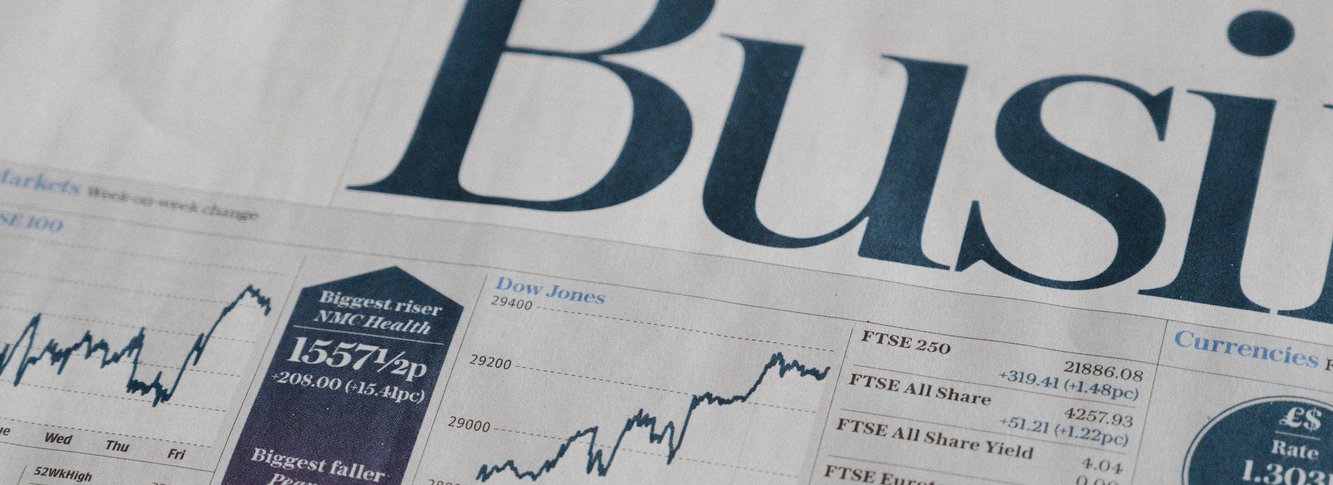| 6 mins read
Businesses exist to make a profit. This pressure is strong in countries like the US and the UK, where short-term perspectives are reinforced by stock markets with increasingly active investors and the presence of private equity firms and hedge funds. Yet in practice business objectives are much more complex, particularly in an era where there is a greater emphasis on environmental, social and governance (ESG) issues. In the US this has led to a backlash by conservative investors, who fear that a ‘woke’ movement is diverting business from its real purpose.
Although they may not always appreciate each other, business and government are locked in a symbiotic relationship. Economic success is important for a government's re-election chances and a cooperative relationship with business can help to deliver that. In countries where the civil service is made up of generalists or lawyers, the technical expertise of business associations may be essential to effective policy making. Meanwhile, reputation is an important driver of business responses to political challenges, not least in relation to issues such as climate change.
This special collection of articles examines the relationship between business and politics, maintaining that it is more complex and heterogenous than often assumed.
Support vs power
One way of understanding the tensions between business and government is through Andrew Gamble's classic distinction between the politics of support and the politics of power.
The politics of support is concerned with securing an electoral majority, but the politics of power relates to implementing a programme in office. For instance, electorates often want to restrict immigration, but business generally favours liberal immigration policies to fill gaps in the workforce, and to hold down the price of labour. Considering the US through this lens, Graham K. Wilson posits that the Republicans' status as the party of business is fragile, not least because of Trumpian tendencies to pursue a politics of support that goes against business interests, particularly on free trade.
His argument resonates with the British experience, particularly the deteriorating relationship between the Conservatives and business. Joseph Ganderson tackles the Conservatives’ failure to protect City interests around Brexit, arguing that the influence of the financial services sector on governments is not what it once was.
The EU institutions might be expected to be more business-friendly, as electoral considerations are more distant, but Tim Cowen and Andy Tarrant'sstudy shows that the EU is prepared to take on big business, specifically big tech companies in the US. Their case study of the EU's Digital Markets Act demonstrates the limits of corporate lobbying, where the battle over regulation - according to the tech companies themselves - has already been lost.
Finally, David Coen and Alexander Katsaitis explore the ways in which UK businesses are seeking to maintain influence over EU policy making. But Cowen and Tarrant cast doubt on whether they can really do so without ‘their’ government in the room.
Resource dependency
A different view of the power of business is provided by Caroline Kuzemko, who gives an account of the UK government’s resource dependency on information held by businesses, specifically the large utility companies referred to as the ‘Big 6’ who have historically had the ability to influence government policy and regulatory decisions.
Benjamin Meggitt shows the ‘company state’ in action, where firms that depend for a large part of their business on government contracts (such as pharmaceuticals) may have a particularly close relationship with government. This model of relationship has evolved over time, with the Covid-19 pandemic leading to private providers being treated as partner organisations.
Katy Jones's article shows just how weak business influence is in the important area of labour market policy, where tensions between large and small businesses – who are often effectively acting as subcontractors - arise over issues like delayed payments, whilst Steve Coulter argues that the failure to develop and implement a meaningful industrial policy reflects the absence of coordinative institutions at the national level.
Climate talk or climate walk?
The 1960s and 1970s was an era in which business influence was countervailed by organised labour in the form of trade unions. They have declined in the extent to which they organise the labour force, although they still have some influence on social democratic parties. The current opposition to business largely comes from environmental groups which are able to exert an influence on the framing of the political agenda.
Some businesses are surprisingly active in reducing their carbon emissions, but businesses with less concern for their reputations and more focus on short-term profits are always there to undermine them. It is in this area that one sees an interesting tension between the politics of ideas that help to frame issues, and the politics of power that shape and constrain solutions.
The war in Ukraine has enhanced the salience of energy security issues and the concerns of energy intensive industries in a way that challenges the prospects of a green transition in which business is a leading partner. In relation to climate change at least, but also to a range of other issues such as labour market policy, business remains the elephant in the room. Can it help to bring about real change, or will it water it down and obstruct it?
Need help using Wiley? Click here for help using Wiley

